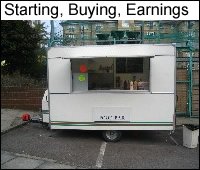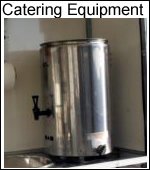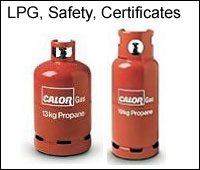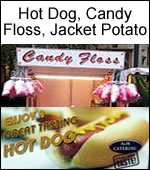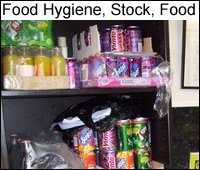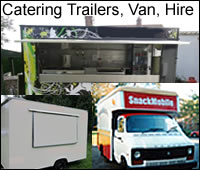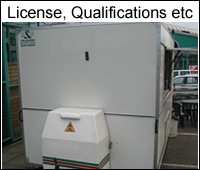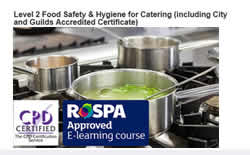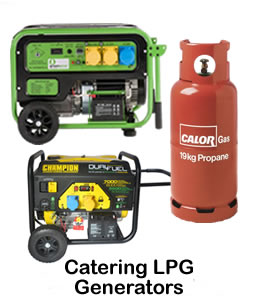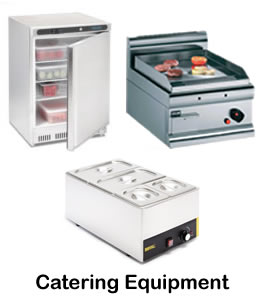How to transport a fryer and oil in a trailer?
by Kate Starkey
(York)
Hi,
We've got a catering trailer and would like to have a fryer installed. We're not sure how other operators manage for transporting the oil / taking out after each use or if there are some sealed units which can be transported as they are?
Also we are undecided between a gas and electric fryer. The electric though cheaper seems to have a large energy consumption. Is the 2kw on the label actually what it uses? (we've found with measuring our other equipment actual usage is much lower than whats stated on the specification.
Or is a gas fryer worth the extra money?
We ideally don't want to have a issue to remove and transport oil after each use as would have to wait for it to cool, drain into sealed container. Are there any tricks to avoid this please?
Thanks,
Comments for How to transport a fryer and oil in a trailer?
|
||
|
||


